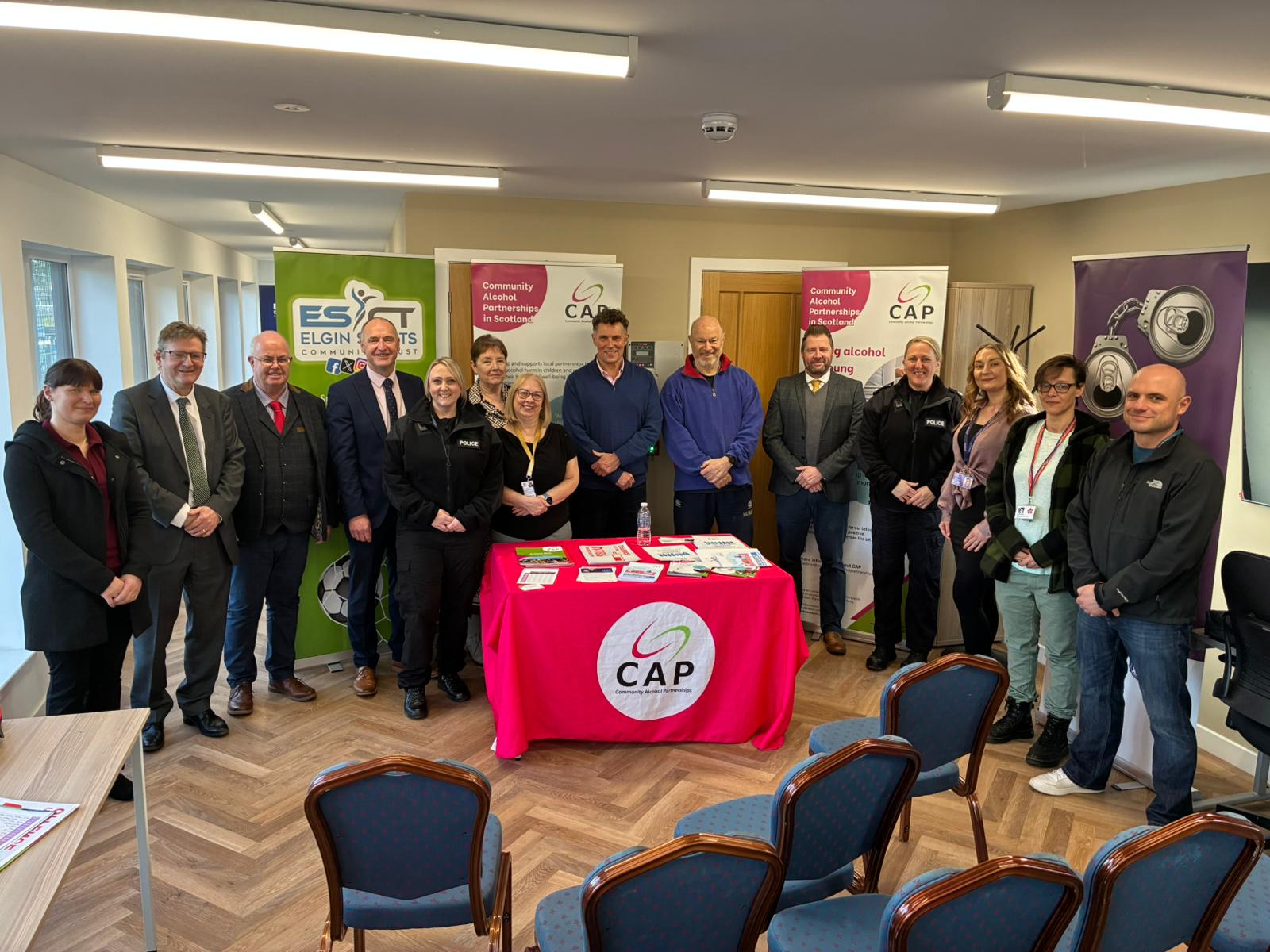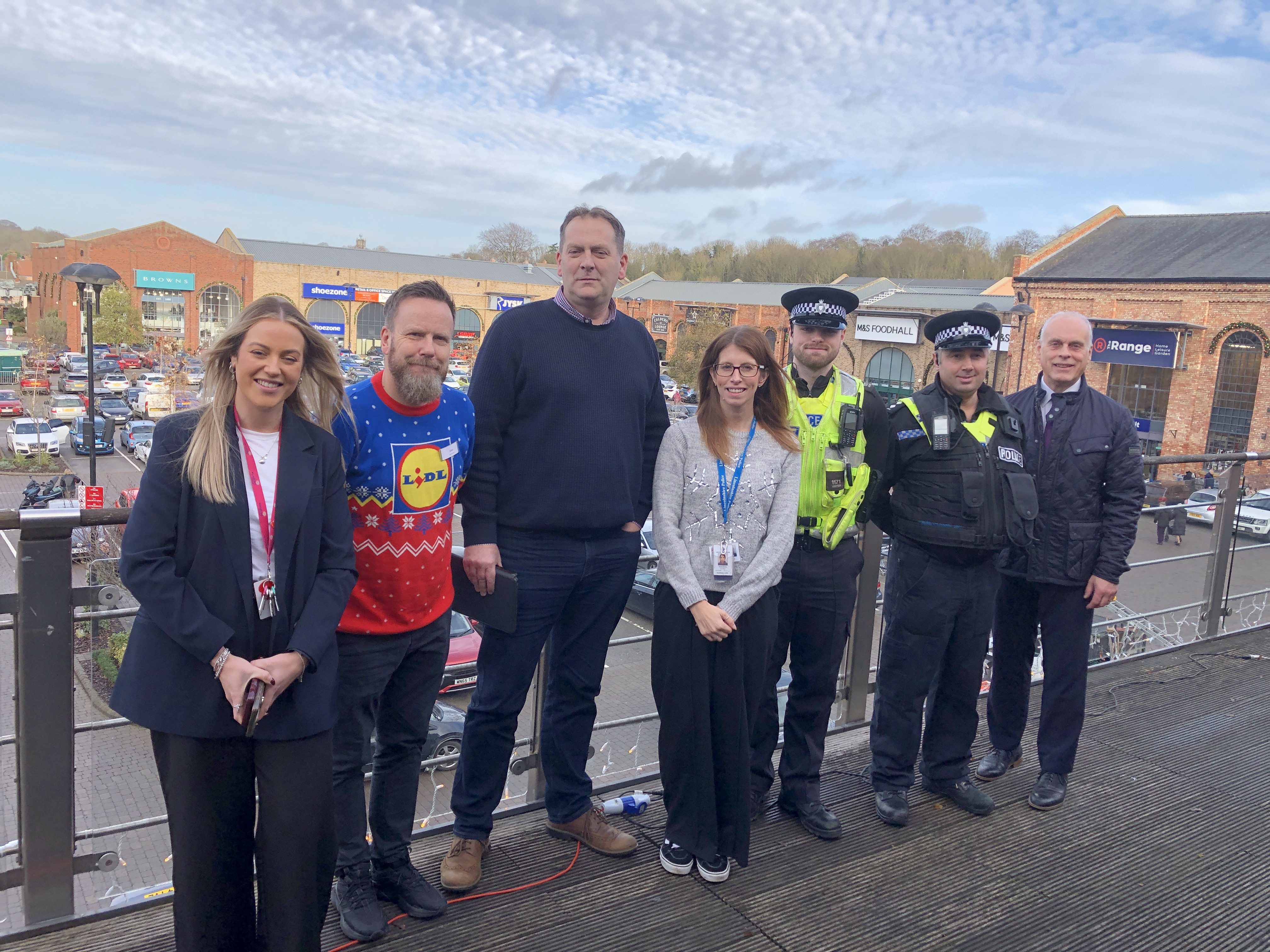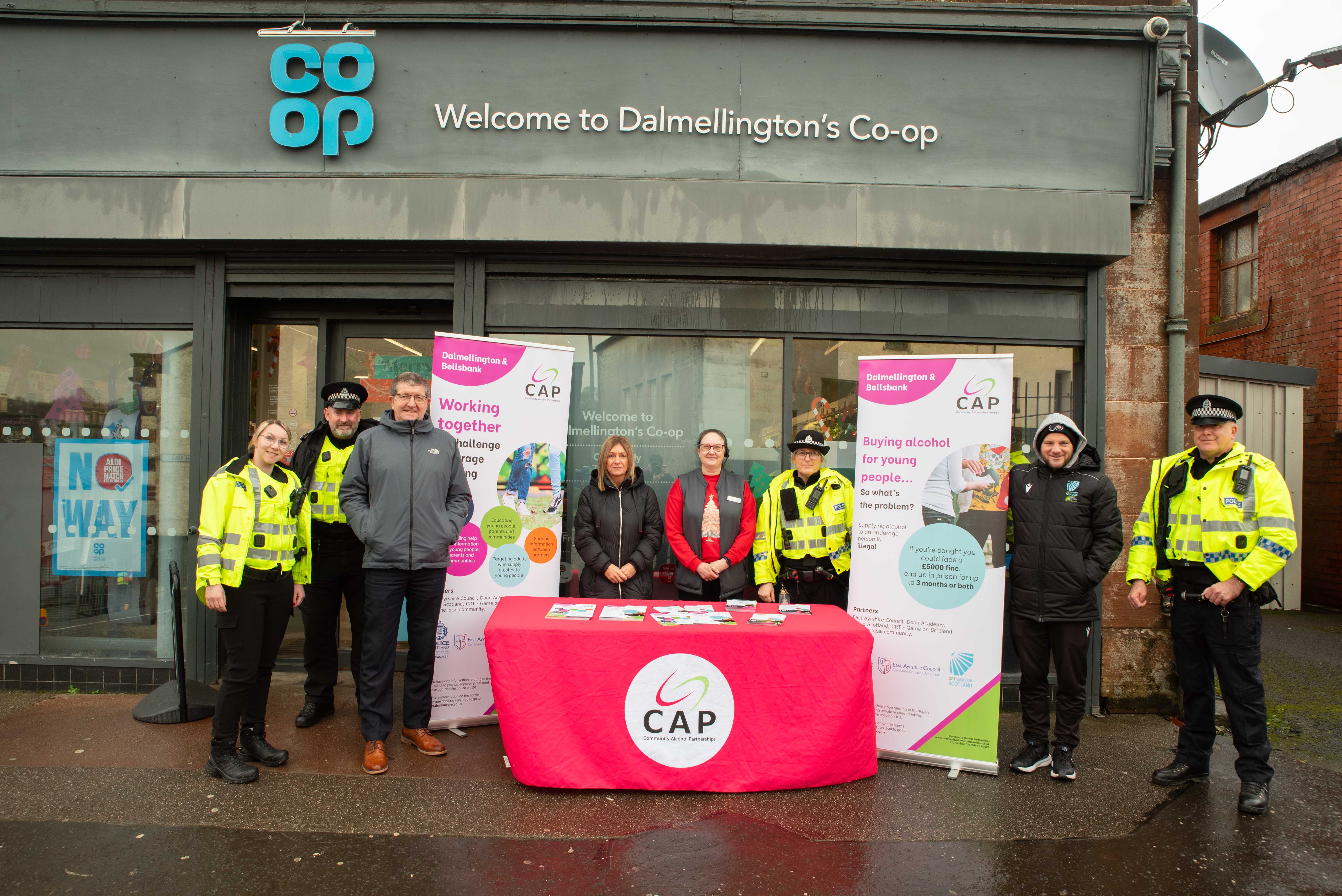Parents who supply their children with alcohol are unwittingly putting youngsters’ health and life chances at risk, MPs are warned.
Ministers urged to address lack of national strategy to protect children from the harms caused by under-age drinking.
Community Alcohol Partnerships (CAP), which works locally in towns and cities across the UK to tackle underage drinking, today (26 June) launches a report showing how little parents know about the risks that can result from supplying children with alcohol.
It follows extensive research showing many parents are unaware of how early introduction of alcohol dramatically increases the likelihood of binge-drinking, alcohol dependency and other drink-related harms later in life, as well as causing harm to the developing brain and body of an adolescent.
The report, Preventing Parental Alcohol Supply to Children and Young People, comes ahead of six pilot schemes aimed at preventing parental supply of alcohol due to be rolled out in 2026.
With this report, CAP is highlighting a neglected issue that is a significant driver of underage drinking. At present, the Government has no strategy for addressing issue of parents supplying their children with drink despite the Chief Medical Officer’s advice that not drinking is the healthiest option for young people.
To raise awareness of the issue at Westminster, CAP is hosting a breakfast event for MPs in Parliament on Thursday June 26 to launch the report and highlight the roll out of the pilot schemes.
Renowned behavioural psychologist Dr Anna Sallis prepared the report for CAP. Based on an extensive survey of studies and campaigns in the UK and worldwide over the last decade, the report examines why parents supply alcohol in spite of the clear risks and looks at what can be done to prevent parental supply.
Interventions which aim to change societal norms and leniency regarding parental alcohol supply and underage drinking, as well as addressing adults consuming alcohol in the presence of children are likely to provide the landscape for successful interventions.
These interventions should target entire communities, including schools and local organisations, to promote an alcohol-free environment by restricting alcohol in settings where minors are present to signal a shift in social attitudes toward underage drinking.
Emphasising early intervention and prevention can help cultivate a culture where abstinence is encouraged, steering away from the idea that underage drinking is inevitable.
Kate Winstanley, director of CAP, said: “Too many parents still mistakenly believe that giving alcohol to children at home will teach them to drink responsibly or reduce the risk of them getting alcohol elsewhere.
“Our report shows that every year earlier a child is given alcohol, their risk of binge drinking and alcohol harm including as an adult will increase. They are also more, not less, likely to obtain alcohol elsewhere if their parents allow them to drink.
“We can’t afford to be vague about this issue – the science is clear, and our messaging needs to be clear.
“Parents need so say no to alcohol before 18 and children need their parents to say no. Underage drinking is not inevitable and parental supply is preventable. This is not about telling parents they’re bad, it’s showing them a better way.”
Kate added: “One of the biggest drivers of parental supply is the belief that ‘everyone is doing it.’ If parents think all other parents are giving alcohol to their kids, they’ll do the same. But the truth is, most parents don’t supply—and teen drinking rates are actually falling.
“Let’s keep it that way, and let’s encourage more parents to be part of the majority protecting their kids by saying no to alcohol.”
By highlighting this issue, CAP aims to support ministers and other policymakers to implement more impactful prevention strategies, encourage early intervention and promote the message that an alcohol-free childhood is the healthiest and best.
Six pilot schemes will be rolled out by CAP in locations across the UK, bringing together a range of community partners to persuade parents not to supply alcohol.
Notes:
- Community Alcohol Partnerships (CAP) is a UK-wide initiative set up to tackle underage drinking. CAP works closely with local Government to prevent underage drinking, which can impact children’s health and educational development.
- CAP was first piloted in 2007, and the model and evaluation framework is now considered one of the most effective ways of tackling localised underage drinking.
- More than 340 local CAPs have been launched, with 160 currently active and over 200 in development.
Dr Sallis’s full report can be found here and the executive summary can be found here.
For media enquiries, contact Macer Hall at Arden Strategies -
M: 07799 017172 macerhall@ardenstrategies.com.

.png)





